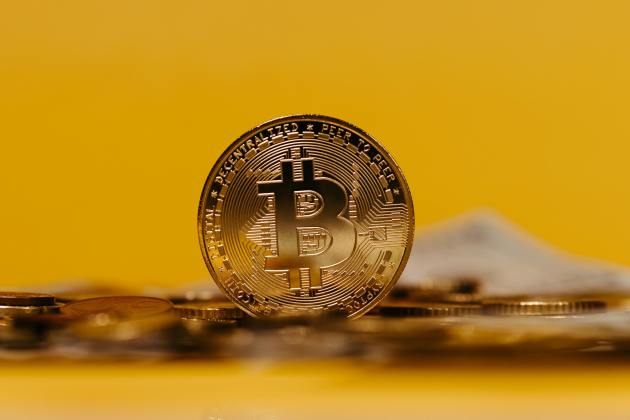It’s a new all-time high–for the Bitcoin (BTC) mining difficulty. Hot on the heels of the Bitcoin hash rate hitting new highs, the difficulty adjustment or the complexity that Bitcoin miners must overcome to solve valid blocks has increased by 13.55%.
Despite pressure from falling prices in 2022, the difficulty adjustment continues its steady march upward from the lows of August 2021. It hit an all-time high of 35.61T on Oct. 10, following a period in which six blocks were solved in rapid succession.

For Mark Morton, CEO of Scilling Digital Mining, a Bitcoin mining company based in Ireland, "The next difficulty adjustment suggests that miners are still finding sufficient profit margins to turn on new machines and are likely capitalizing on plummeting machine prices."
Morton also mentioned that soaring difficulty and hash rate are “very positive for the security of the Bitcoin network. We are witnessing network security skyrocket even despite the drawdown in Bitcoin price.”
The difficulty adjustment occurs roughly every two weeks or 2,016 blocks. Given that blocks have been solved on average slightly less than the target of ten minutes, the difficulty adjustment increased. According to Braiins, a Bitcoin mining tools company, the average time was just shy of nine minutes over the most recent 2,016 blocks, known as an epoch.
In the Bitcoin whitepaper, Satoshi Nakamoto explains that "If they're [blocks] generated too fast, the difficulty increases." In full:
"To compensate for increasing hardware speed and varying interest in running nodes over time, the proof-of-work difficulty is determined by a moving average targeting an average number of blocks per hour."
Morton told Cointelegraph that the plummeting price combined with soaring difficulty could challenge miners who mismanaged their finances during the 2021 bull market. Indeed, threats of miner capitulation loom during the 2022 bear market, while some miners were forced to sell some of their holdings over the summer.
Morton explained, “Miners that assumed we would have an up-only market and purchased machines at elevated prices will certainly be feeling the pinch.” Some Bitcoin miners have begun looking at ways by which to mitigate their costs, such as using waste heat to maintain steady temperatures in workspaces.
Related: Norwegian town wants 'noisy' Bitcoin miner out — CEO responds
In a nod to the increasingly creative ways in which miners are finding ways of channeling untapped energy sources and utilizing miner waste heat, Morton concluded that “The competition between miners to find innovative and strategic energy sources bodes well for the future of the network as direct dependence on Bitcoin price diminishes.”
Cointelegraph shot a Bitcoin mining documentary in partnership with Digital Scilling Mining in September that investigates the use of organic farm waste to mine Bitcoin. The short film, Turning cowpat into digital gold, will air on the Cointelegraph YouTube channel in 2022.








